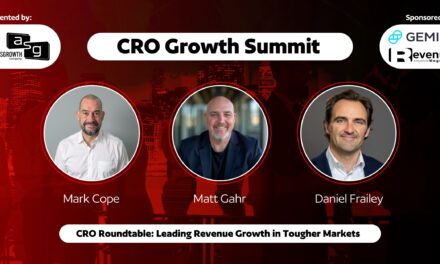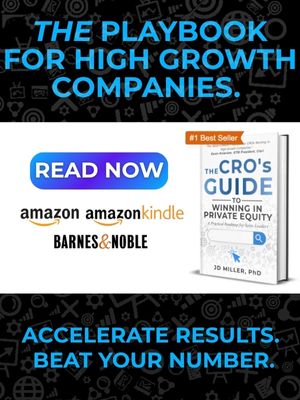
The power of asking for opinions from end-users

In today’s world of omnipresent social media and hyper-partisan politics, everyone not only seems to have a host of opinions, they are often eager to share them publicly. As this is an opinion piece, I recognize the irony of calling out that reality. While there is a time and place to do so, people’s willingness to share their opinions and advice can be extremely valuable to salespeople. Additionally, as busy as we all are, many businesspeople are genuinely willing to help salespeople-so long as the salesperson has their best interests in mind and the proposed solution can provide value to the individual being asked.
Yes, getting to the “Economic Buyer” is important
Particularly in complex business-to-business sales, while one person may be the ultimate decision-maker or sign the contract, executives rarely reach a decision alone and generally rely heavily on their lieutenants and rank-and-file employees to evaluate potential new suppliers. Because these mid-level managers and individual contributors are typically the ones who will be ultimately asked to use your product, executives often lean on them to not only assess the utility of individual product features, but also to determine the business value of your solution in terms of how it addresses the Economic Buyer’s primary concern: whether or not your product will help them make or save money.
The dynamics at play in engaging with “ordinary” employees
As mid-level managers and individual contributors are generally aware that the final decision won’t be up to them and are generally more focused on their narrow responsibilities as opposed to the needs of the overall company, they can be reluctant to make time for meetings with salespeople. Because of this dynamic, how one positions a meeting can be the difference between wasting time and generating a qualified prospect.
To help tilt the scales in your favor, take the time to learn about what their goals and job requirements are in the same way you would do so regarding the company’s goals when prospecting a senior executive. Whereas I may review a company’s Annual Report or articles about them when prospecting a senior executive, when prospecting a more junior employee, I typically do the following:
- Attempt to understand their job responsibilities via a listing for a similar role at their company
- Review their LinkedIn page for insights into their role and topics they care about
- Gain an understanding of their career progression and organizational structure to help uncover what their aspirations may be
- Determine who their boss is and what their goals may be
For example, my business involves helping companies improve sales performance via training and coaching. While the services I provide help companies and senior-level executives drive top-line growth, the majority of people I actually train and coach are frontline managers and sales representatives. If I can help those end-users improve the likelihood that they reach their quota and earn more money, they will be much more likely to speak with me and recommend me to their boss, who will ultimately sign off an agreement.
How to effectively request an opinion
The fundamental essence of asking for advice or an opinion is that the answer is up to the other person-not you. Asking rhetorical questions like “Would you like to make more money?” or “Wouldn’t it be great if you could do XYZ more effectively?” is not only off-putting, it fails to acknowledge said essence. If your service helps personalize and automate email marketing campaigns, instead of touting the features and benefits of your service, try an opening question such as:
“While I am not certain that we can help you, because it is my understanding that your role requires you to secure a high volume and quality of prospect meetings, I’d value your opinion concerning whether our outbound tools could make you more effective. Do you have a few minutes to share some insights into your current processes to help me determine if it would make sense to present my service to your company?”.
Individual contributors and mid-level managers like to feel empowered and have some control over what value-added tools they have access to. Being the one to identify a solution that not only helps them succeed but also benefits their extended organization could help them climb the ladder to become an Economic Buyer. When they do, they will likely remember the salesperson who brought it to them. And while they will likely still enjoy sharing their opinions, those opinions will carry significantly more weight.
































